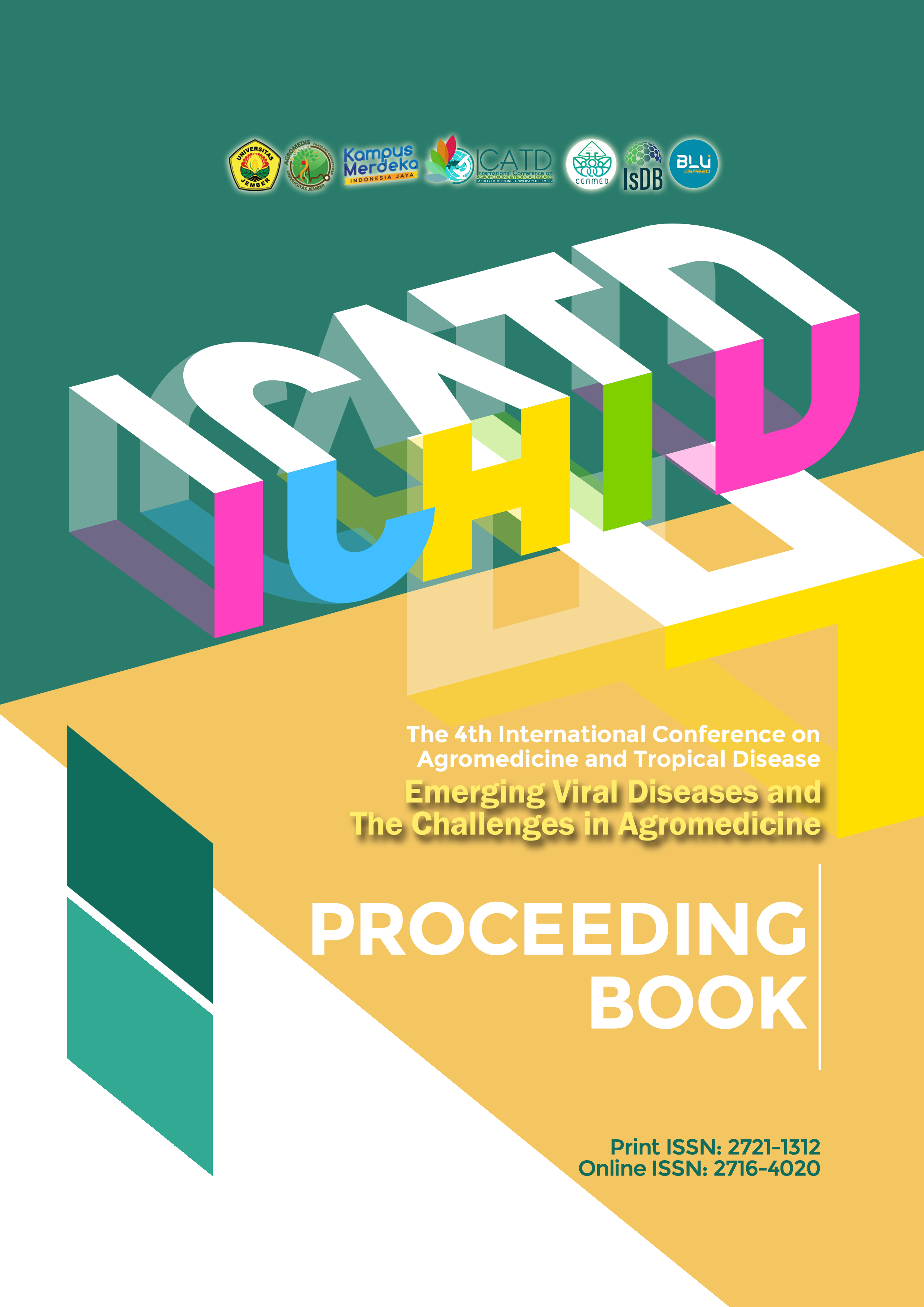HEALTH BEHAVIORS OF PREGNANT WOMEN FROM FARMING FAMILIES AND NON-FARMING FAMILIES IN INDONESIA
Abstract
Farming families are thought to have different health behaviors than non-farming families. Health behavior of pregnant women influences the health of babies and pregnant women. This study aims to analyze differences in the behavior of pregnant women from farming families compared to non-farming families. This research is a cross-sectional study using secondary data from Indonesian Demographic and Health Survey (IDHS) Indonesia 2017. The proportion of pregnant women in farming families who perform antenatal care (ANC) as recommended (≥4 times) is lower than non-farming (90.3% vs 95.4%; p<0.05). Pregnant women in farming families who visited doctors and midwives for ANC are lower than non-farmers (7.1% and 38.5% vs. 23.9% and 37%), while ANCs with nurses have the same percentage (0.1%). Proportion of pregnant women in farming families who took iron supplement was lower than non-farming (38.2% vs. 54.6%). Taken together, this study indicates that pregnant women from farming families have different behavior than non-farming families that may result in unfavorable effects to their children. This requires more attention from the government and related parties.

This work is licensed under a Creative Commons Attribution-ShareAlike 4.0 International License.





